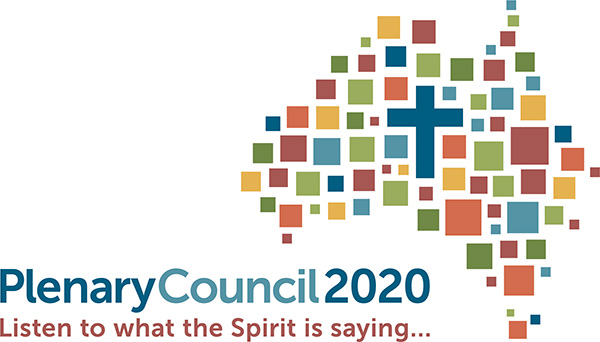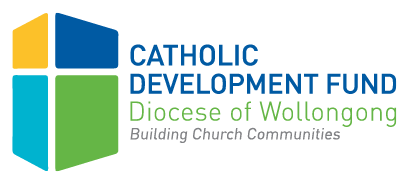Members named for celebration of Plenary Council
March 24, 2020

Plenary Council president Archbishop Timothy Costelloe SDB has written to 266 other Catholics across the country, calling them as members for the Fifth Plenary Council of Australia.
The members from the Diocese of Wollongong are:
Most Rev Brian G Mascord DD
Very Rev Bernard L Gordon VG
Dr Jodi Steel
Mr Paul Fleming
Mrs Erin Gillard
Very Rev Kenneth Cafe OFM EV
Very Rev Sean Cullen EV
“At a time in our Church’s history we’ve not seen before, with the suspension of Masses in many parts of the country and around the world, the announcement of our Plenary Council members is a source of great joy for the People of God in Australia,” Archbishop Costelloe said.
Canon law outlines those who must be called as members to a plenary council, including bishops, vicars general, episcopal vicars, heads of seminaries and theological institutions, and leaders of religious congregations. That amounted to 180 members.
Canon law also allows for members who may be called as representatives – the total of which can’t exceed half of the total of those who must be called.
The number of members from each local church – a diocese, eparchy, ordinariate or prelature – ranged from one to four depending on the local Catholic population. In all, 78 people have so far been confirmed, with additional representation to be named from national organisations representing education, social services, health and aged care, and Aboriginal and Torres Strait Islander Catholic.
“Bishops across the country worked locally with leaders in their diocese to design a process to consider names of people who were nominated or applied to be members for the Plenary Council assemblies,” Archbishop Costelloe said.
“We were grateful for and impressed with the faith and the calibre of the people who were nominated. We could quite easily have filled several quotas with the names that were put forward.”
Archbishop Costelloe said bishops were mindful of the large number of clerics who must be called by virtue of their role. There were also many males who will represent religious orders.
“It was therefore important to prioritise lay people – and especially lay women – in the list of those local members who were chosen,” he said.
“It was also obvious that while not universal, the age of those who must be called was quite high. We are pleased that we were able to lower the average age, lift the proportion of lay people and the proportion of women in the overall member list.
“Plenary councils have often been the domain of bishops and priests and while canon law still ensures they are the major presence in the Fifth Plenary Council of Australia, the lay and female representation far surpasses anything seen before.”
Among the list of members who may be called already selected, 64 per cent were women and the average age of those members was 48 – with the youngest just 19 years old.
“The Church is a melting pot of ages and cultures and is enriched by the wisdom and insights of the ordained, of consecrated women and men, and of lay women and men,” said Lana Turvey-Collins, the Plenary Council facilitator.
“The Plenary Council’s two assemblies promises to be a true celebration of the Catholic Church in Australia, both in its diversity and its unity.”
Ms Turvey-Collins said like everyone else in Australia and in much of the world, the Plenary Council steering committee is considering how the COVID-19 pandemic might affect the first Council assembly, scheduled for Adelaide this October.
“We are watching advice from the Commonwealth and South Australian Governments and the relevant health officials closely,” she said.
“We will continue to monitor the situation and make decisions about the first assembly when advice relevant to October 2020 is clearer.”
Ms Turvey-Collins said the preparation of members, including their formation as people ready to listen to the Holy Spirit, will be the next focus, and will be delivered with the assistance of digital technology.
Archbishop Costelloe concluded: “We ask Catholics across the country, and in the local churches, to pray for the ongoing discernment of the Plenary Council and particularly for the delegates who will play a critical role in helping decide the way forward for the Church in Australia.”
You can access the list of Plenary Council members at www.plenarycouncil.catholic.org.au
Go back

